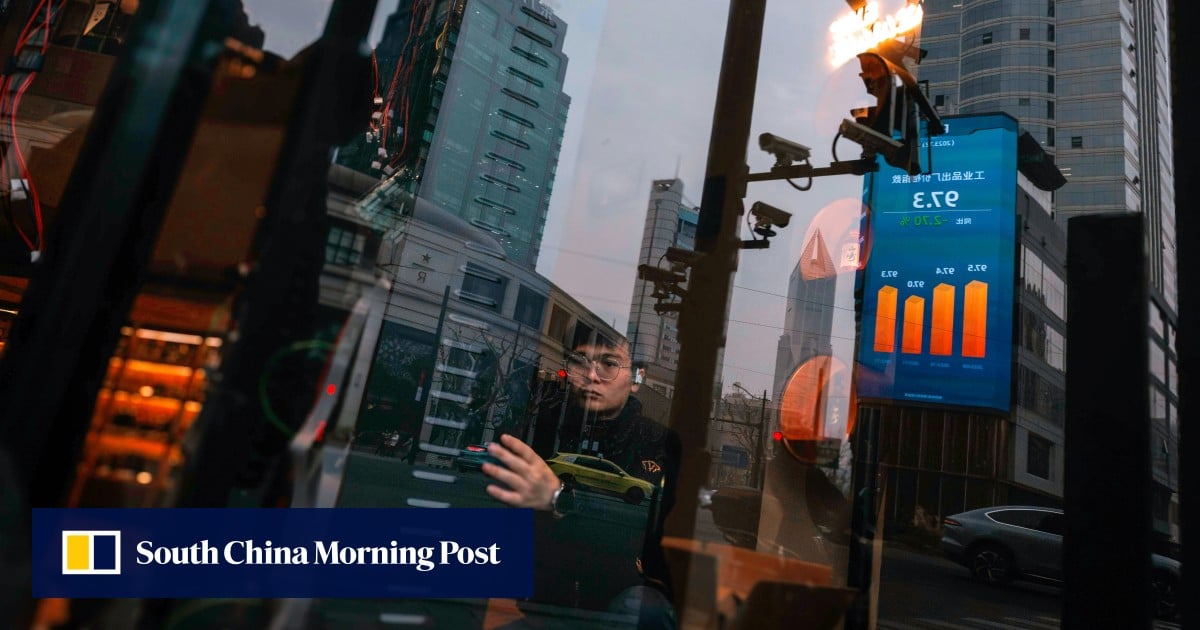
01 Apr Zhang Kun, China’s biggest money manager, issues stock valuation warning, says days of fast economic growth are gone

Investors should exercise more caution when it comes to the valuations of Chinese stocks, as corporate earnings growth is set to slow because of Beijing’s pursuit of high-quality economic growth, according to China’s biggest money manager.
Zhang’s flagship fund, which managed net assets worth 41.7 billion yuan (US$5.8 billion) as of the end of last year, was larger than any other stock-focused fund operating on the Chinese mainland, Bloomberg data shows.
“We shouldn’t overestimate our capability of judging non-consensus sustained high growth,” he said in the report. “We will seriously consider companies’ valuations when they are placed in the illiquid primary market, and very prudently offer premiums.”
The report underscores the challenges of investing in the world’s second-largest economy, with the days of fast growth long gone as the economy transitions to one that Beijing hopes will be more reliant on technological self-sufficiency. Zhang’s views also pour cold water on calls by some investors that China’s stocks are cheap enough now to embark on a bull run and reverse a three-year decline.
The CSI 300 Index is currently valued at 12.9 times earnings, against an average of 17.9 times since 2005, and about half the multiples for the S&P 500 Index and the Nikkei 225, according to Bloomberg data. The multiple for the Hang Seng Index in Hong Kong is 8.2 times, the second-cheapest among key markets globally.
Trillion-dollar rebound prompts debate: is the worst over for Chinese stocks?
Trillion-dollar rebound prompts debate: is the worst over for Chinese stocks?
Besides valuations, Zhang said he would look more closely at corporate governance and business models, additional factors that will matter most to investors during China’s transition to quality economic growth.
China’s ‘broker butcher’ vows to tighten IPO rules, curb false accounting
China’s ‘broker butcher’ vows to tighten IPO rules, curb false accounting
“In an era of high-quality growth, low-efficiency growth is meaningless,” he said. “We expect the management to more meticulously allocate corporate capital and more prudently weigh the option of investing in new businesses against that of ratcheting up existing businesses. If the management is incapable, that is tantamount to a waste of shareholders’ capital.”
Zhang’s blue-chip fund dropped 21 per cent in net asset value last year for a third straight annual decline. In his most noticeable adjustments to investment portfolios last year, Zhang bought distiller Shanxi Xinghuacun Fen Wine Factory for 1.92 billion yuan and boosted holdings of drug maker Wuxi AppTec by 1.78 billion yuan, according to the annual report.
Meanwhile, Zhang sold shares of Tencent Holdings and Hong Kong Exchanges and Clearing for 1.44 billion yuan and 1.33 billion yuan, respectively.
